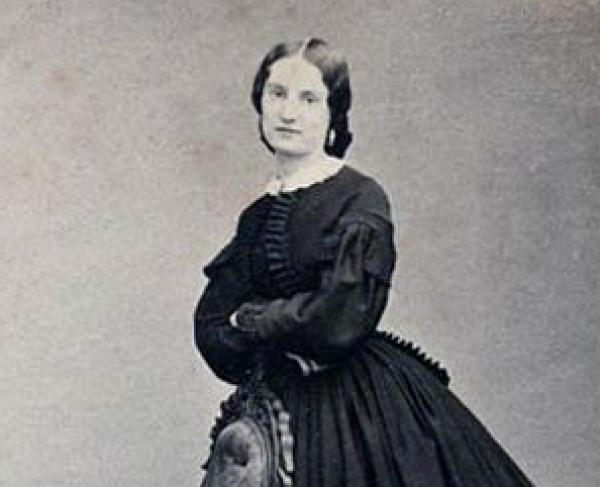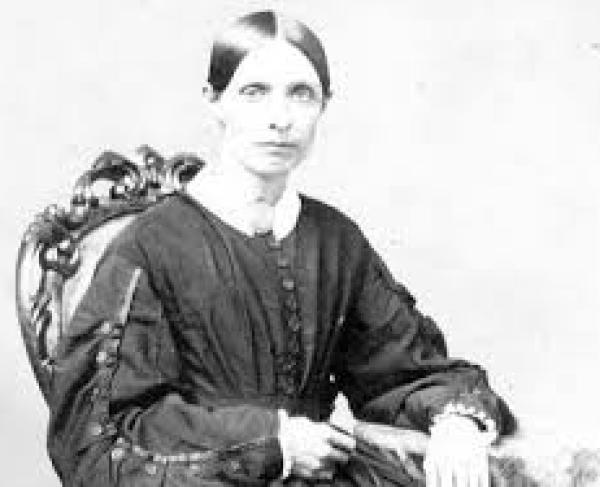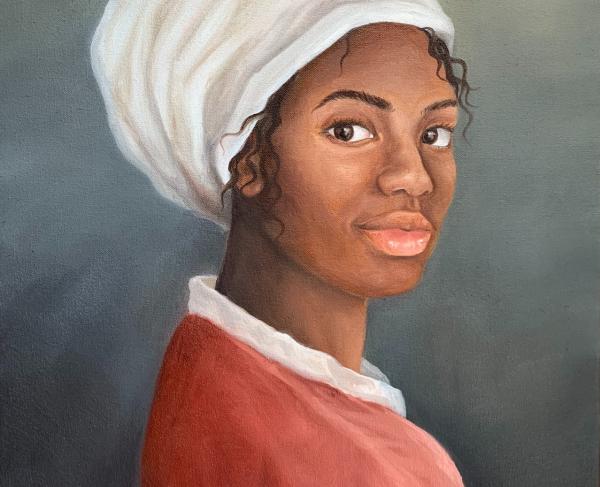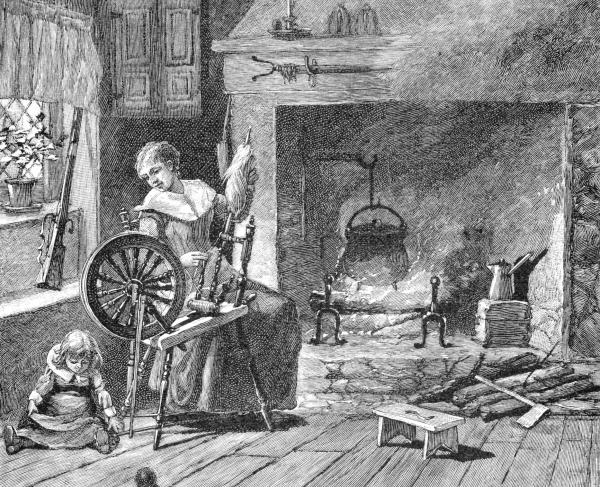Antonia Ford Willard

On March 15, 1863, Antonia Ford was roused from her bed by Union soldiers in Fairfax Court House, VA. The soldiers demanded she take a loyalty oath to the Union; she refused. On suspicion of espionage, her home was searched, and Union officers found $6,000 in Confederate currency and a signed letter from Major General J.E.B. Stuart giving her an honorary “lieutenant and aid-de-camp” title. She was immediately arrested.
Antonia Ford was twenty-three years old at the onset of the American Civil War. Born and raised in Virginia, her father, Edward R. Ford, was a staunch secessionist and her brother, Charles, enlisted with the Confederate army. As the Confederates occupied the small Virginian town early in the war, she flirted with and had numerous admirers among the gray-clad ranks. As Union forces moved into the region in 1861, she shifted her focus to the opposing side, entertaining soldiers at her home, and recording useful information that may have slipped out of unsuspecting Union soldiers’ mouths. She passed along this information to the Confederate troops. After the Confederate victory at the First Battle of Manassas, also known as the First Battle of Bull Run, Stuart sent her the signed letter that incriminated her in her future arrest.
Ford’s 1863 arrest was based on her involvement in the capture of 58 horses and 33 Union prisoners by Col. John S. Mosby. Dubbed the “Gray Ghost,” Mosby was the commander of a group of Confederate Raiders, the 43rd Battalion Virginia Cavalry, stealing supplies and capturing Union soldiers in the Virginian countryside. On the rainy night of March 8, 1863, Mosby snuck into Union occupied Fairfax Court House with 29 of his raiders. He snuck into Union General Edwin H. Stoughton’s tent and woke him. When woken this exchange ensued:
“Do you know who I am?” Stoughton exclaimed.
“Do you know Mosby, general?” Mosby answered.
“Yes! Have you got the rascal?”
“No, but he has got you!”
When President Abraham Lincoln heard of this capture, he reportedly said he did not mind the loss of the general, since he could just confer another one, but “those horses cost $125 apiece!” After this raid, Union officers were confused on how the general’s lodging location was compromised and became immediately suspicious of the town’s residents for espionage. Because of their Confederate sympathies, the Ford family were prime suspects.
A counter-intelligence spy was dispatched to the Ford home. Frances Jamieson, a Union spy, utilized the disguise of “Frankie Abel,” a southern belle attempting to find passage to her home in New Orleans, LA, to gain entry. She stayed at the Ford home for several days, befriending the family, and eventually winning Antonia Ford’s trust. Ford, over the course of their time together, told Jamieson about her espionage activities and showed her the signed “honorary lieutenant and air-de-camp” letter from Stuart. This eyewitness evidence was enough evidence to send Union soldiers to the Ford home on March 15th.
After her arrest, Ford was sent to the Old Capital Prison in Washington, D.C. Her escorting captor was Major Joseph Clapp Willard. At the age of 41, Willard was older than most of the soldiers in the Union army. In addition, he was an avid businessman and helped run the prosperous Willard Hotel with his brother Henry. Because of his age and administrative experience, he was assigned to administrative duties near and in Washington, D.C., which included managing the Old Capitol Prison. When he joined the army, he did so because of a sense of civic responsibility and honor; he did not expect to fall in love with a Confederate Spy.
Ford did not record her experience in the Old Capitol Prison and few notes were recorded regarding her stay. However, from other account of the prison the food there was meager and the conditions hard. The only semblance of home was in company of Willard whom she had met a year earlier at her home in Virginia. Between her arrest in March and her release, via a prisoner exchange in May, Ford and Willard’s romance blossomed. Because of continual suspicion of her espionage activities and her refusal to take a loyalty oath to the Union, Ford was rearrested and returned to the Old Capitol Prison. With Willard’s influence and insistence, Ford was given the ultimatum to take the loyalty oath or continue her imprisonment On September 16, 1863, she took the oath.
Once free, she returned to her home of Fairfax Court House. For the rest of the year, Ford and Willard conversed via letters. Willard wanted to marry in a private ceremony and live in Washington, D.C. Ford wanted him to divorce his first wife, whom he did not love but could not leave, and renounce his Union Army commission. The former was a legal barrier to the union and the latter was a moral one. In a letter, Ford wrote:
"Major, you know I love you, but . . . [my] parents and relatives would be mortified to death; acquaintances would disown me; it would be illegal, and above all it would be wrong . . . I would make you 'the luckiest man in the world' if I could without compromising myself . . . You ask for my 'heart and hand.' The heart is yours already. When your hand is free and you can claim mine before the world, then that also is yours."
Her conditions were eventually met: Willard divorced his wife and resigned from the Union Army. On March 10, 1864, the couple was married in Washington D.C. and lived in the city until Ford’s death in 1871. Willard never remarried. When asked why she married Willard, Ford jokingly told a friend: "I knew I could not revenge myself on the nation but was fully capable of tormenting one Yankee to death, so I took the Major."


